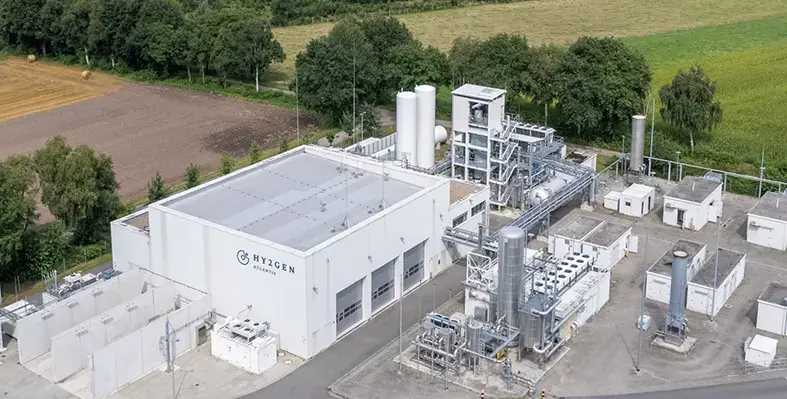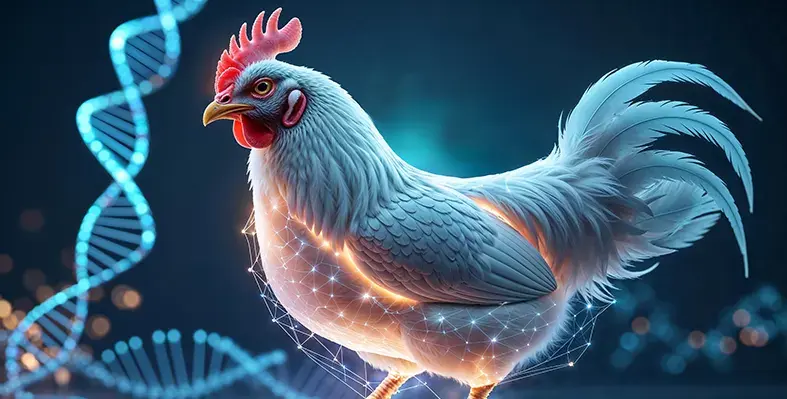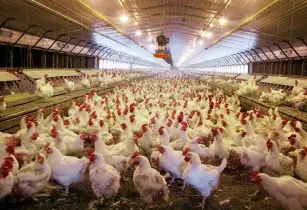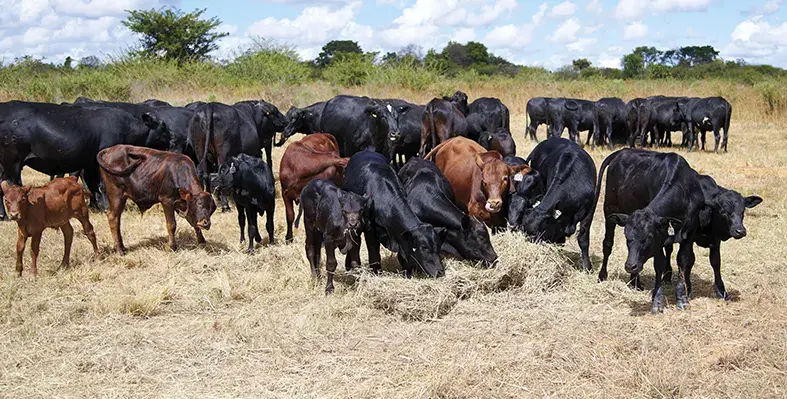
By installing additional PEM electrolysers, Hy2gen plans to upgrade the facility by the end of 2025. (Image source: Hy2gen)
Hy2gen’s ATLANTIS facility, located in Werlte, Germany, has been certified by CertifHy as the first site in the country to produce RFNBO-compliant e-methane under the EU’s sustainability framework for renewable fuels
This certification confirms that ATLANTIS meets all EU criteria for Renewable Fuels of Non-Biological Origin (RFNBO), including sustainability, traceability, and lifecycle emissions. By installing additional polymer electrolyte membrane (PEM) electrolysers, Hy2gen plans to upgrade the facility by the end of 2025, to meet the growing demand for renewable hydrogen and its derivatives.
As part of its strategy, Hy2gen has also signed a Power Purchase Agreement (PPA) with a German hydropower plant to supply additional renewable electricity to the ATLANTIS plant in the future. This will enable Hy2gen to expand the facility’s electrolysis capacity, increasing its ability to supply certified fuels to the European and international markets.
Managing director of Hy2gen Deutschland GmbH, Matthias Lisson expressed pride in the company being one of the first RFNBO hydrogen and e-methane molecules producing site in the world. “Our team at the ATLANTIS plant in Werlte are pioneers in the production of e-methane. Right now, we are operating the biggest e-methane production site in the world,” said Lisson. With the RFNBO certification, we increase the value of our molecules, as it offers our clients the security that our products are 100% renewable and can be used to decarbonise industrial sectors to comply with EU regulations.”








